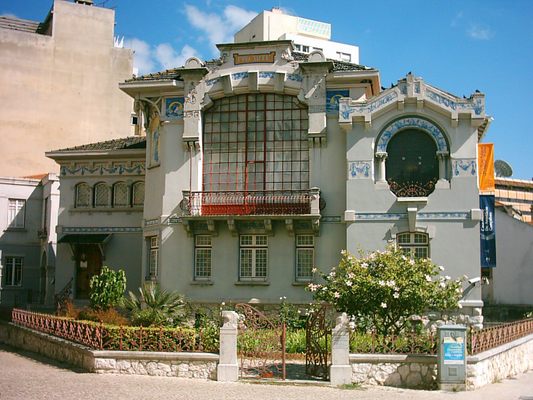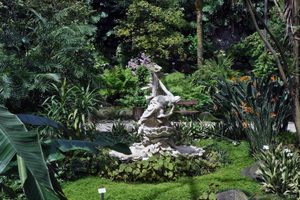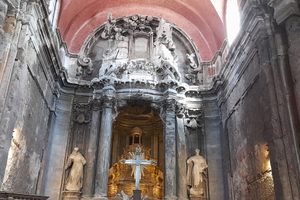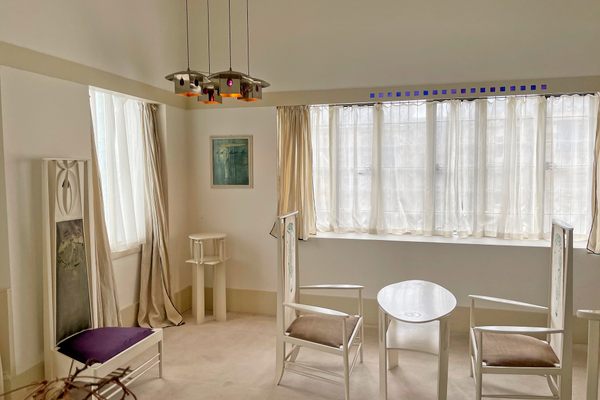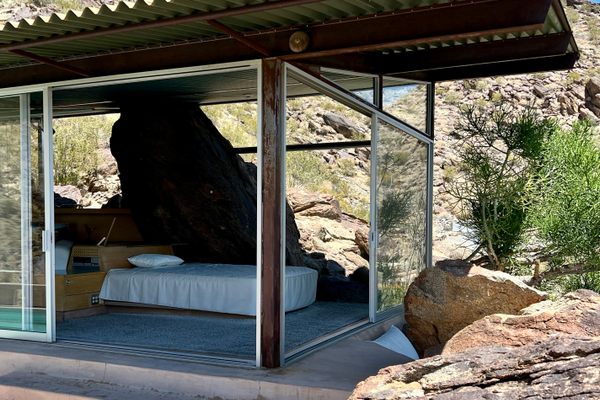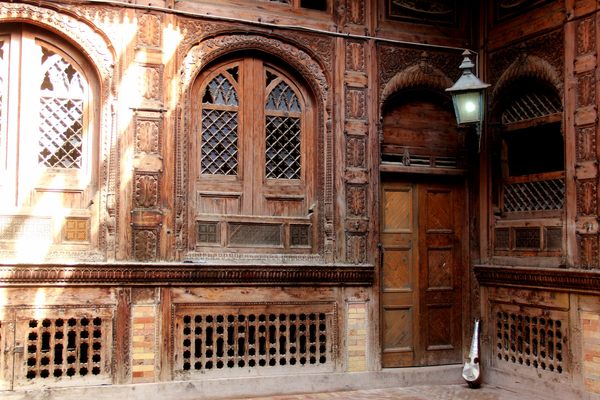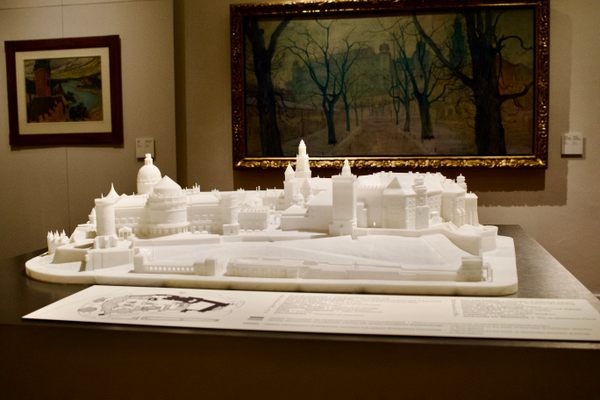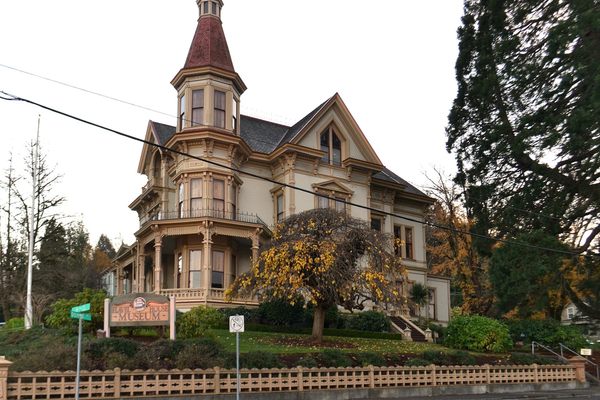About
The edifice housing the Anastácio Gonçalves Museum, built between 1904-1905, was initially the residence and studio of Portuguese painter José Malhoa. Located in Lisbon’s Saldanha neighborhood, a budding suburb at the time, the structure was based on a design by Norte Júnior, a renowned Portuguese architect who worked on several important national buildings, such as the Palace Hotel Bussaco.
Decorative and structural elements instantly identify the building as an example of Art Nouveau architecture, including female muses (represented in tile, of course, this being Portugal), wrought ironwork of flora and fauna, stained glass, and an asymmetrical layout. Above the main balcony window is the Latin inscription “Pro Arte” or “For Art,” which couldn’t be a more apt description of the house’s interior. Selling his house after his wife died, José Malhoa painted its eventual owner—Anastácio Gonçalves—in an impressionistic portrait displayed inside, one of the museum’s many paintings.
Gonçalves, an eye doctor with a great eye for collecting, amassed a wide range of pieces that provide a fascinating look at what interested him, everything from blue-and-white Chinese porcelain to 17th-century Dutch furniture. His taste in painting ran towards the landscape, although the museum also features several notable portraits, like António Ramalho’s arresting Lady In Black. Gonçalves called it his Mona Lisa.
The doctor never married but was so devoted to art that when he finally visited Russia’s Hermitage Museum in 1965, he died that very same night. It was his explicit request to have his home turned into a museum after his death, and this wish was realized in 1980. Certain rooms in the house-museum, like his bedroom, retain their original furnishes and air of aesthetic refinement.
Related Tags
Portugal: A Culinary Adventure from Porto to Lisbon
Explore Portugal through food, from the cities to the seaside.
Book NowPublished
May 31, 2022
